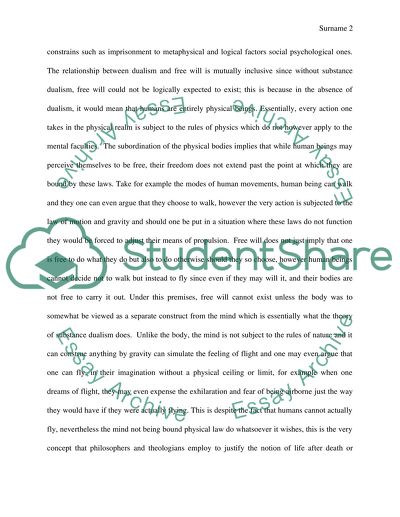Cite this document
(“Substance dualism is necessary for beings to have free will Essay”, n.d.)
Substance dualism is necessary for beings to have free will Essay. Retrieved from https://studentshare.org/philosophy/1493444-substance-dualism-is-necessary-for-beings-to-have
Substance dualism is necessary for beings to have free will Essay. Retrieved from https://studentshare.org/philosophy/1493444-substance-dualism-is-necessary-for-beings-to-have
(Substance Dualism Is Necessary for Beings to Have Free Will Essay)
Substance Dualism Is Necessary for Beings to Have Free Will Essay. https://studentshare.org/philosophy/1493444-substance-dualism-is-necessary-for-beings-to-have.
Substance Dualism Is Necessary for Beings to Have Free Will Essay. https://studentshare.org/philosophy/1493444-substance-dualism-is-necessary-for-beings-to-have.
“Substance Dualism Is Necessary for Beings to Have Free Will Essay”, n.d. https://studentshare.org/philosophy/1493444-substance-dualism-is-necessary-for-beings-to-have.


